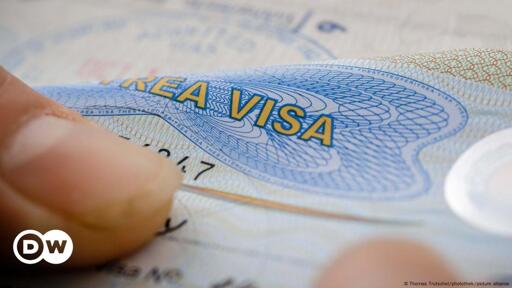Summary
Germany’s immigration reforms, introduced last year to address labor shortages, have resulted in a 10% increase in skilled worker visas, with 200,000 expected to be issued by the end of 2024.
The Opportunity Card, a points-based system inspired by Canada, simplifies entry for skilled workers and graduates from non-EU countries.
The reforms also boosted student visas (up 20%) and vocational training visas (up two-thirds).
Despite the progress, critics cite challenges in integrating migrants, while the far-right AfD party leverages immigration concerns ahead of February’s snap elections.
Germany still faces 1.34 million job vacancies.



The US would tax your income while you still pay for german welfare which you wouldn’t benefit from. You’d still have german working conditions which are generally better than the US but the actual money would not be very great.
Well obviously you pay taxes where you live, like any job. And you don’t pay german taxes or welfare. They would probably pay you as an independent contractor. If there was something taken out, you could just file a foreign tax credit.